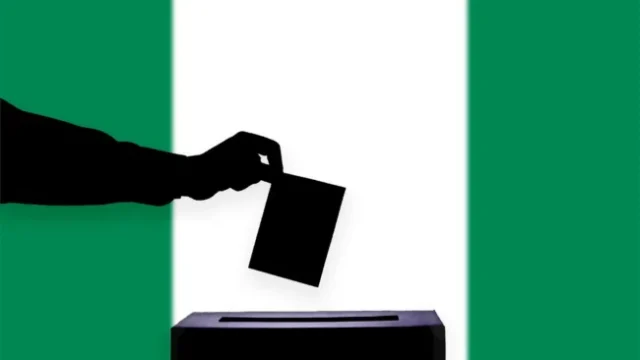The Peering Advocacy and Advancement Centre in Africa (PAACA) has revealed that Nigeria spends only about $8 per voter on its elections, making the country’s polls among the least expensive in West Africa.
The organisation said the clarification became necessary due to widespread misconceptions that elections in Nigeria are among the costliest in the world.
The Executive Director of PAACA stated this at a one-day town hall meeting organised by PAACA in Sokoto to sensitise key actors on electoral reforms introduced by the Independent National Electoral Commission (INEC) ahead of the 2027 general elections.
The meeting, organised with support from the MacArthur Foundation, brought together key representatives of security agencies, the media, civil society organisations, and other stakeholders.
Citing data from the ECOWAS Network of Electoral Commissions, Nwagwu said the figures show that Nigeria’s elections are far cheaper than those of many neighbouring countries, adding that the perception of excessive spending is often driven by misinformation and lack of data.
“Data published by the ECOWAS Network of Electoral Commissions, which studied the cost of elections in the ECOWAS region, indicates that Nigeria’s elections are among the least expensive, with the country spending about $8 per voter,” he said.
According to him, there is a need for discussion on elections to be evidence-based, explaining that elections are guided by laws while urging stakeholders to study these laws to engage knowledgeably in electoral issues, rather than rely on misinformation.
Lamenting that politicians often mislead citizens, Nwagwu said that poorly framed media narratives sometimes worsen mistrust in the system, adding that democratic consolidation requires citizens, political parties, and institutions to remain vigilant and informed.
According to him, 90 per cent of crimes during elections are committed by politicians.
He stressed that if citizens are empowered with the right information, manipulation becomes difficult.
He said that while INEC and NOA play key roles in civic education, they cannot do the work alone, stating that civil society, media, security agencies, and traditional institutions must step up.
He said, “You cannot talk about elections without the Electoral Act. Every citizen must also have a copy of the Constitution, especially leaders. These documents are not just for lawyers; they are for every Nigerian. The third document is INEC’s guidelines, which show that elections are law-guided processes.”
The PAACA boss also reviewed the technological improvements made between 2015 and 2025, particularly highlighting the role of the Bimodal Voter Accreditation System (BVAS) in drastically reducing manipulation in the 2023 elections.
Speaking, INEC’s Resident Electoral Commissioner in Sokoto State, Umar Yusuf Garba, said the 2023 elections provided valuable lessons, showing progress in voter education, technology deployment, and stakeholder engagement.
Represented by the Head of Voter Education and Publicity, Abdullahi Sale Dawa, the REC, however, observed that building a credible electoral system requires collective effort from political actors, civil society, the media, the judiciary, security agencies, and the electorate.
Sokoto State Director of the National Orientation Agency (NOA), Babangida Kurfi, stressed that the quality of Nigeria’s democracy depends on the level of citizens’ participation. She emphasised the need to curb vote buying, promote peaceful political activities, and deepen voter education at the grassroots.
She pledged NOA’s commitment to partnering with civil society organisations like PAACA to strengthen civic engagement and democratic governance.

